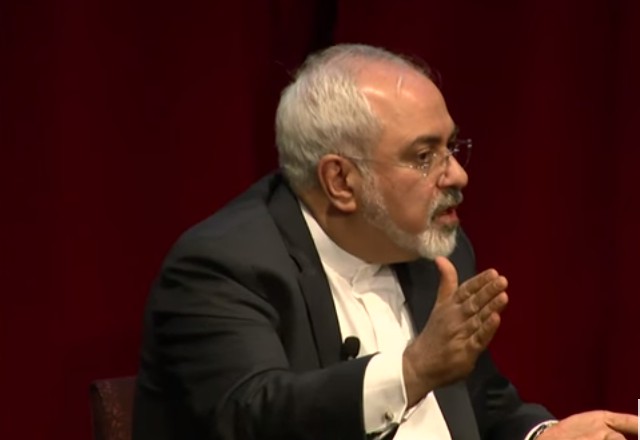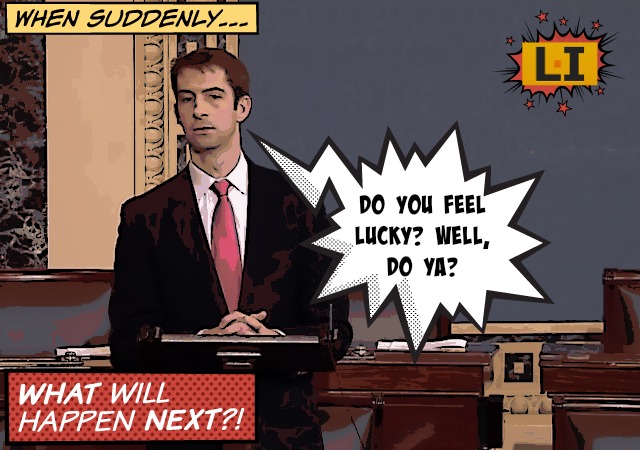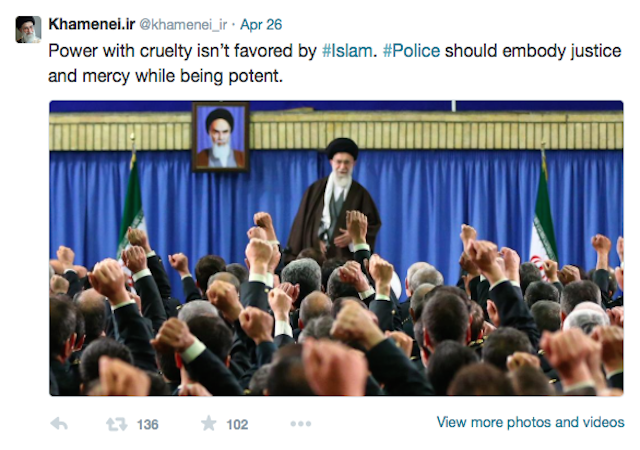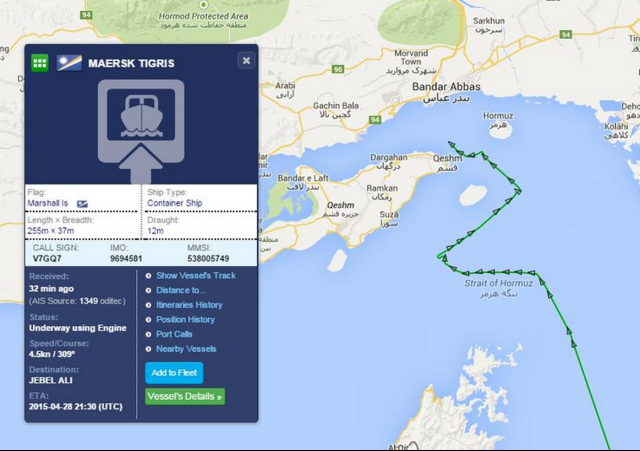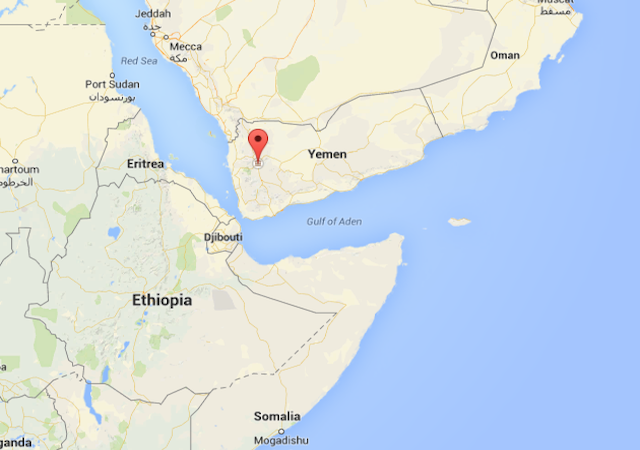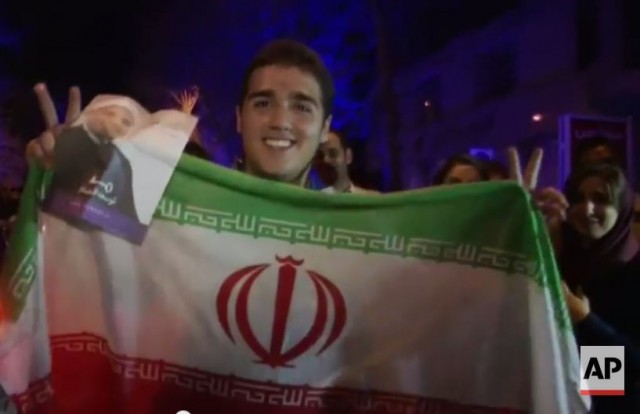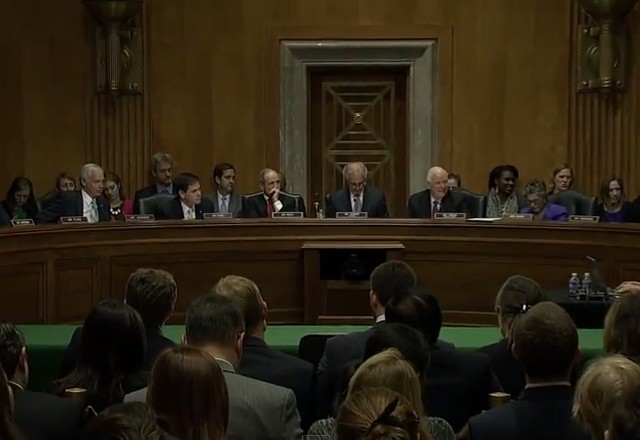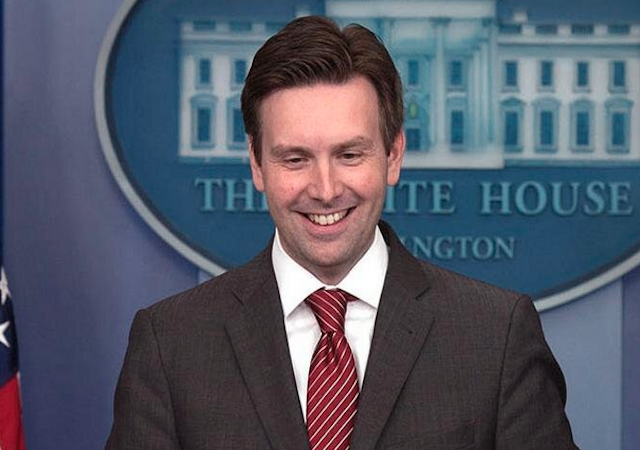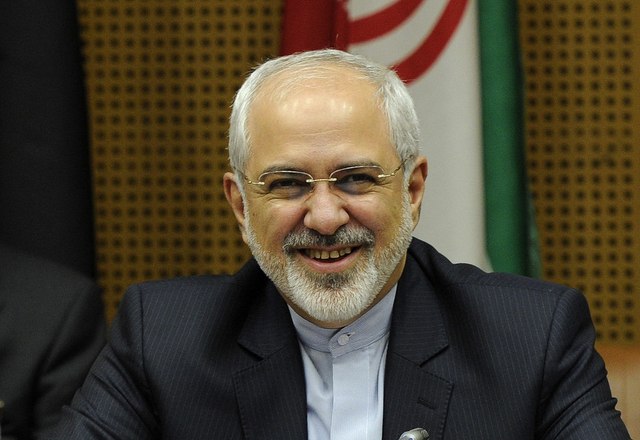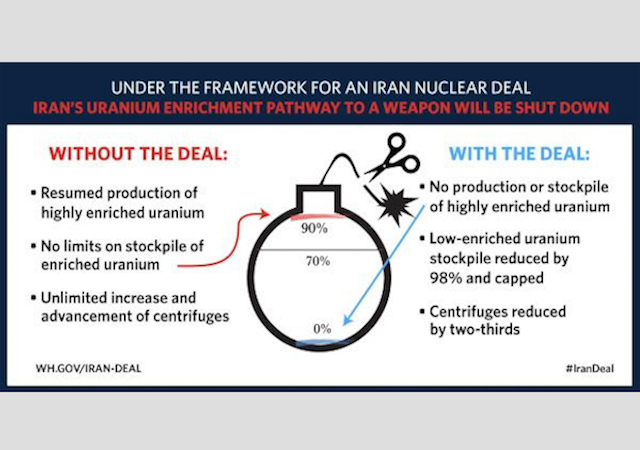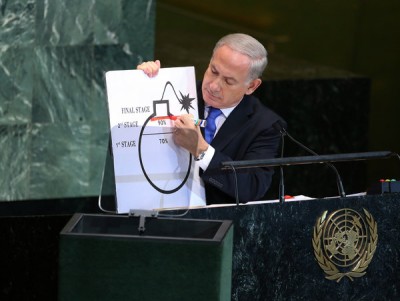Maersk Pays “Ransom,” Iran Frees Ship
on May 08, 2015
12 Comments
Iran released the Maersk Tigris, the cargo ship it seized at sea last week.
The New York Times reports:
The Maersk Line, the Danish shipping giant, confirmed in a statement that the vessel and its 24-member crew, forced to anchor near Iran’s southern port of Bandar Abbas since its seizure on April 28, were now free and en route to the port of Jebel Ali in the United Arab Emirates. ... The Maersk Tigris is registered in the Marshall Islands. It is managed and staffed by Rickmers Shipmanagement, a subsidiary of Germany’s Rickmers Group, a maritime services company, which reported that the crew was in good condition. ... The apparent stand-down reflected what political analysts called a wish by both Iran and the United States to avert an escalation of tensions that could sabotage the nuclear talks between Iran and a group of six powers that includes the United States.From the language of the report it appears that Maersk agreed to a settlement of the claim an Iranian company had against it. CBS offered the judgment of one of its security analysts.
The Iranian decision to board the vessel was "a reflection of the fact that tensions are running very high, and these tensions don't really have borders," explained CBS News senior national security analyst Juan Zarate. "These are conflicts that are happening on the ground, they're happening in the shipping lanes, and there are places and points of vulnerability that could... serve as flashpoints for conflict."


